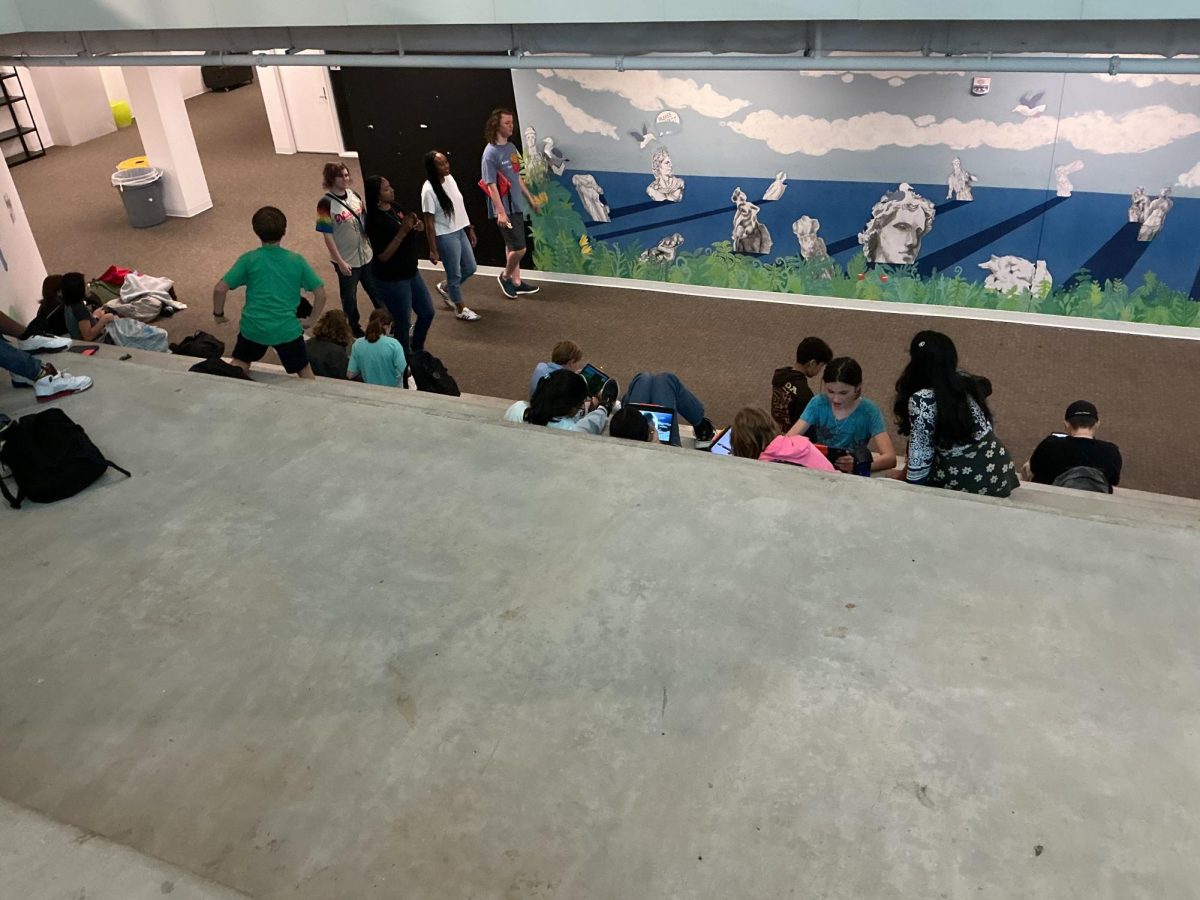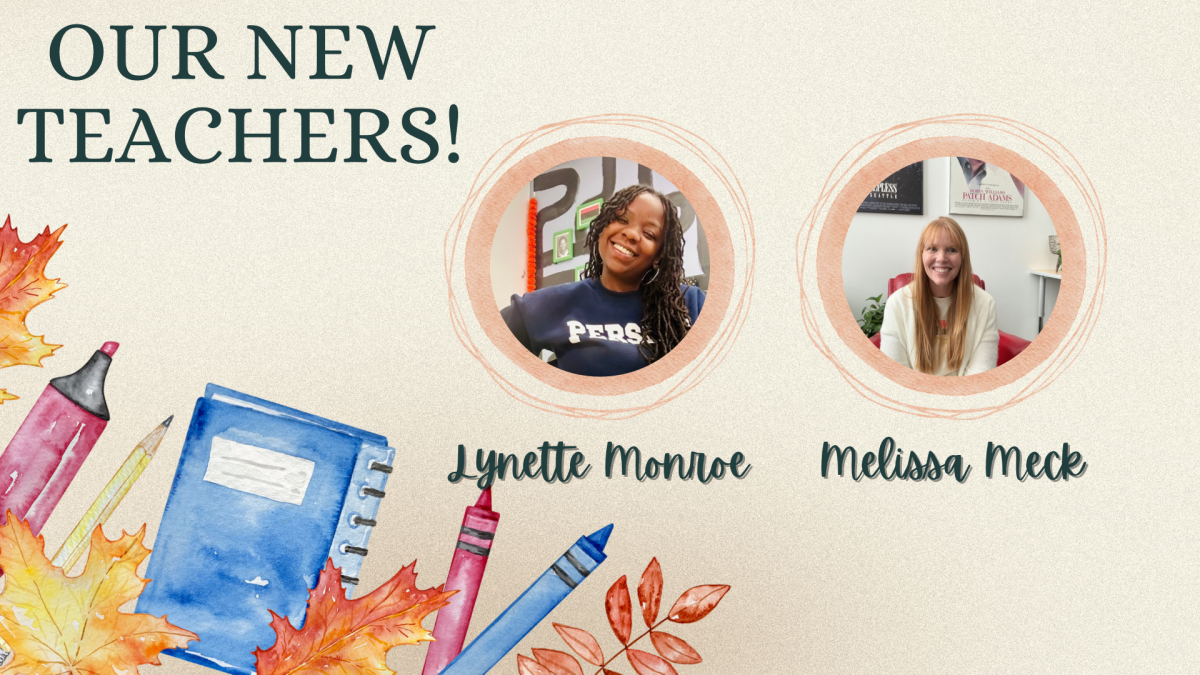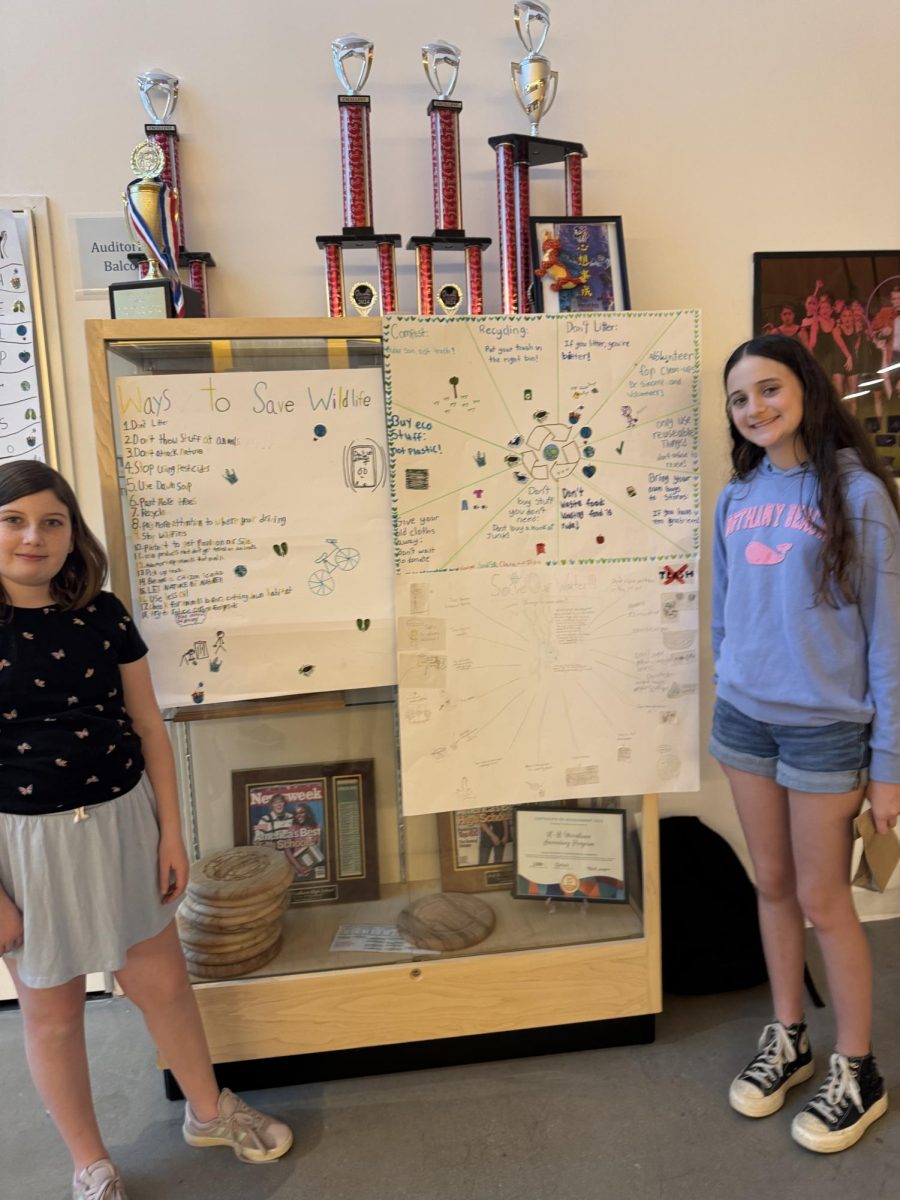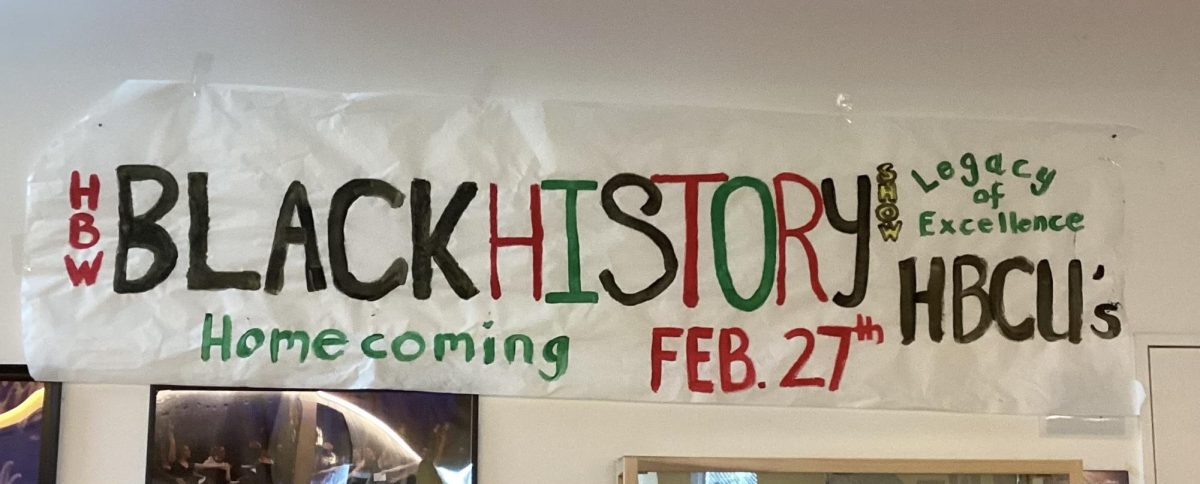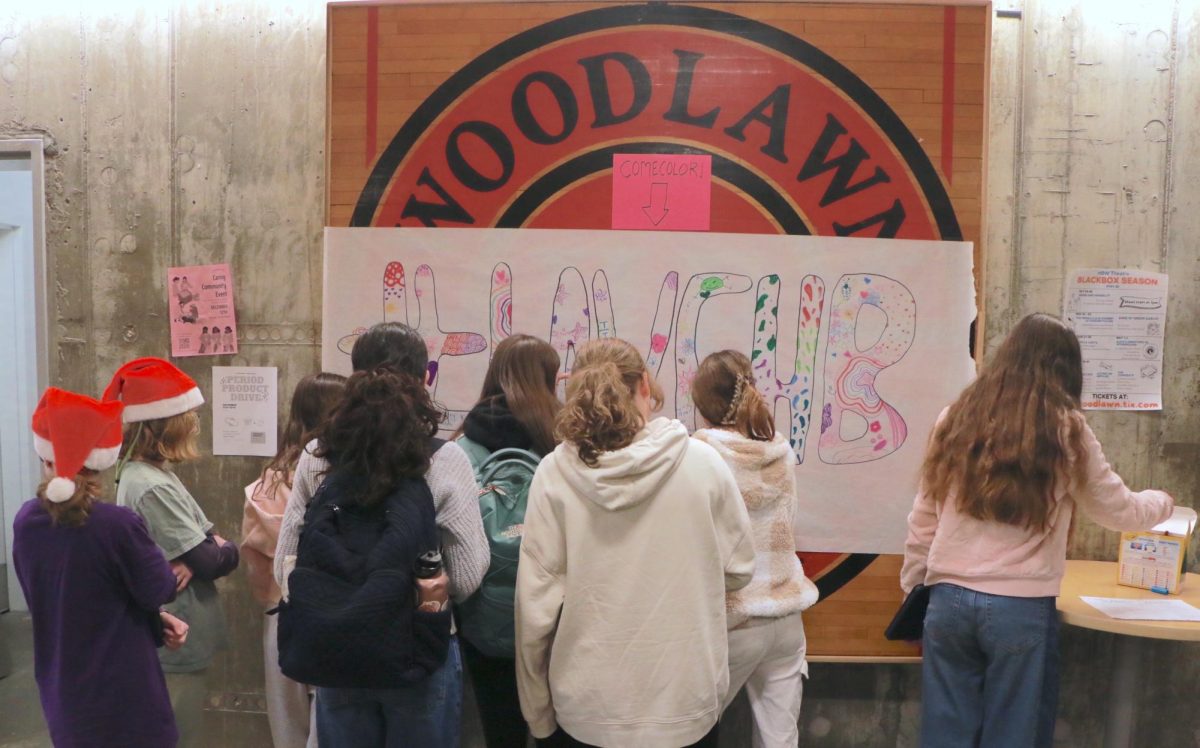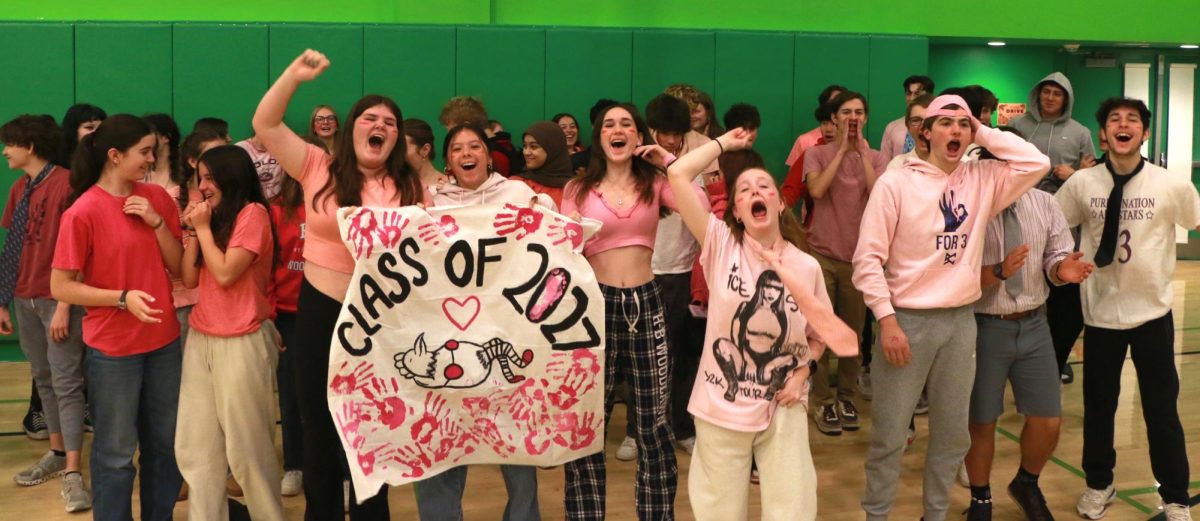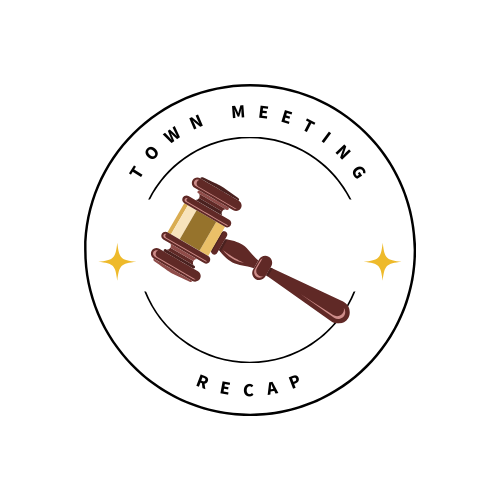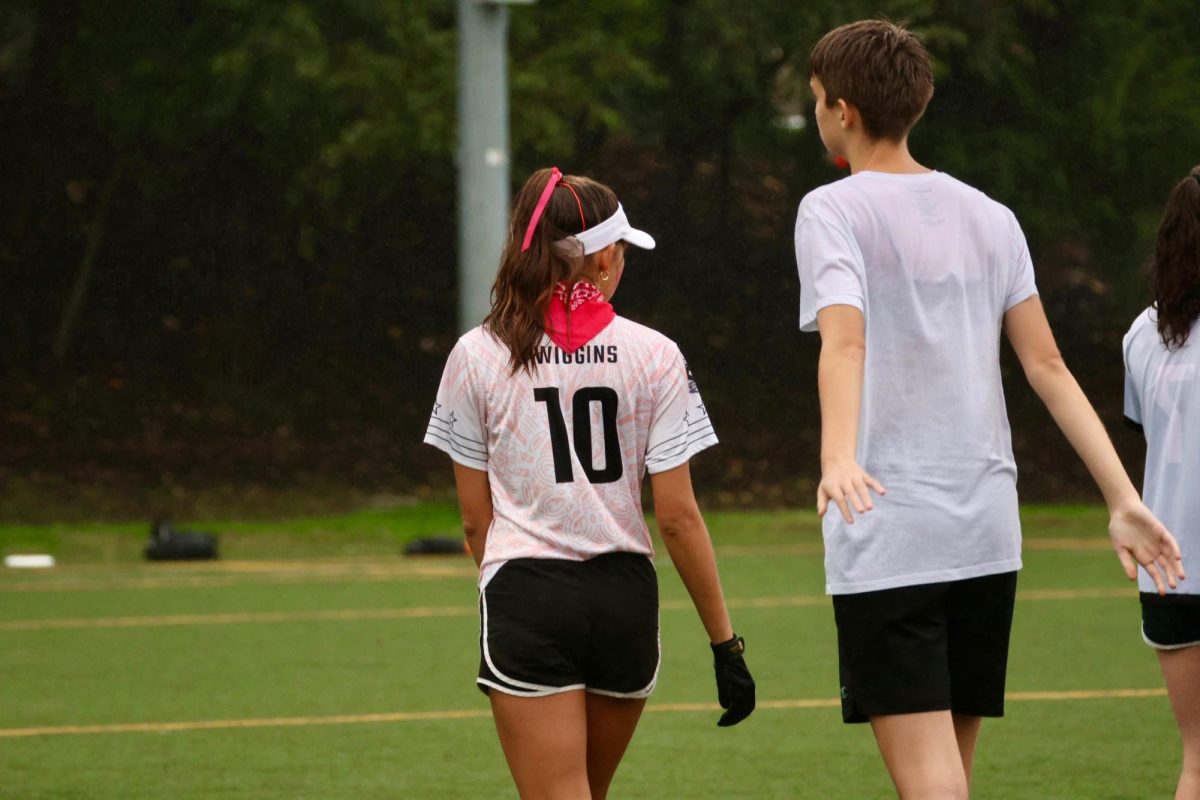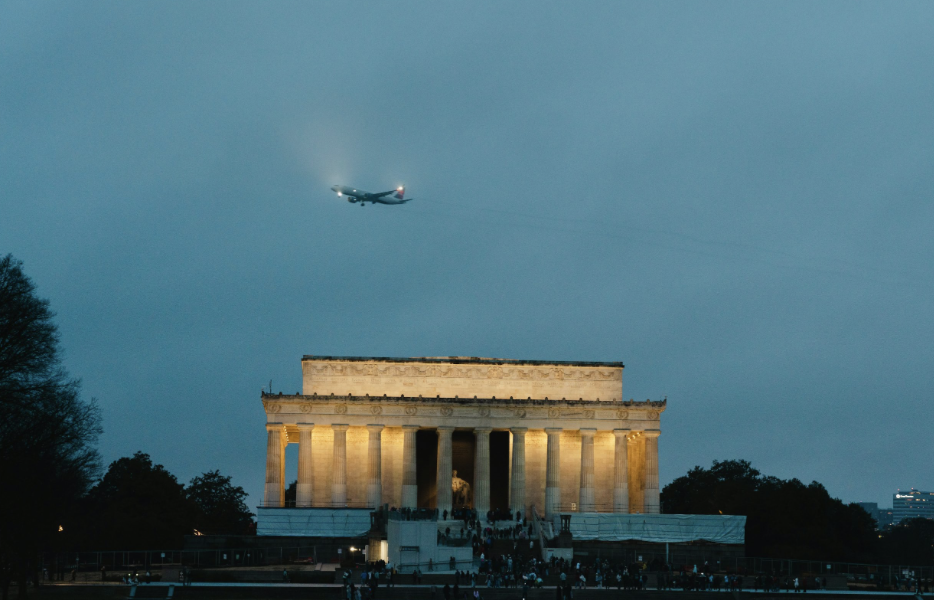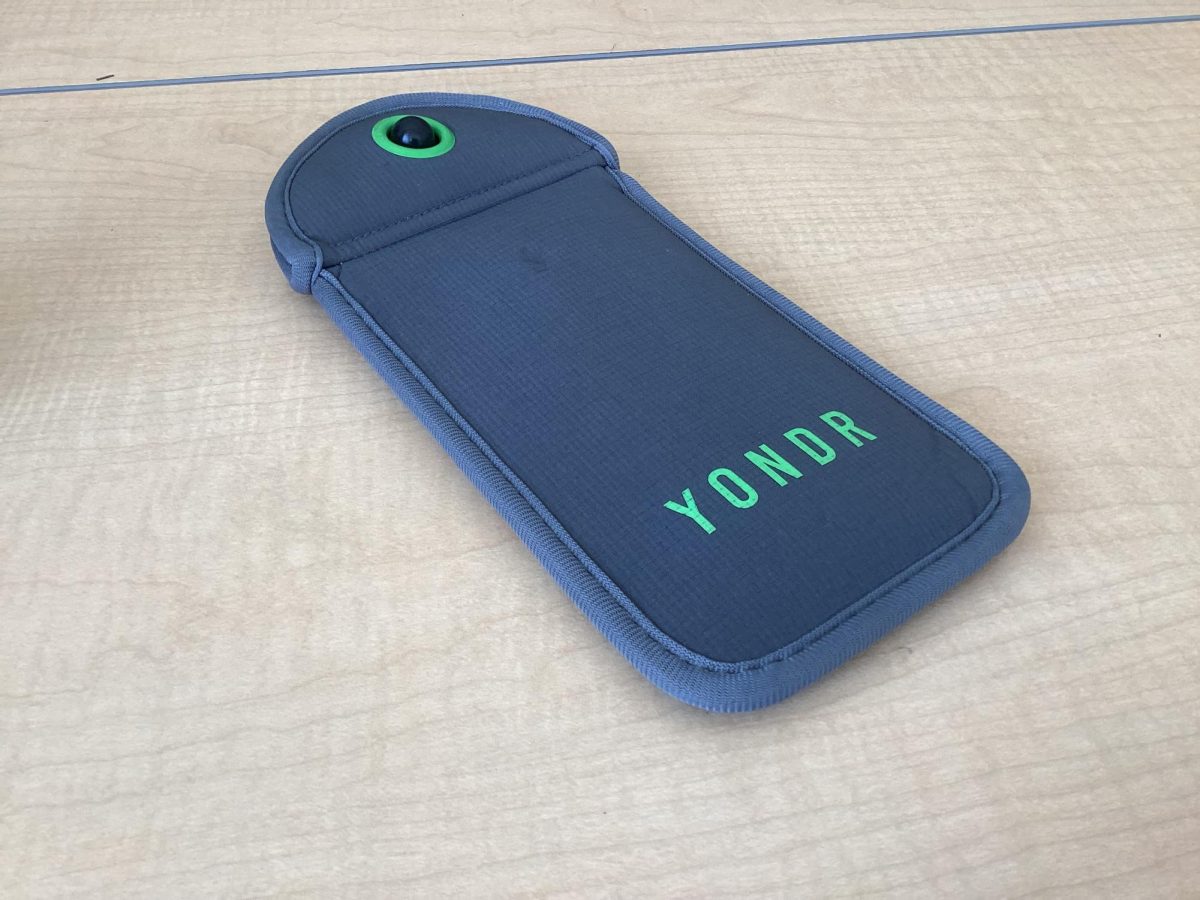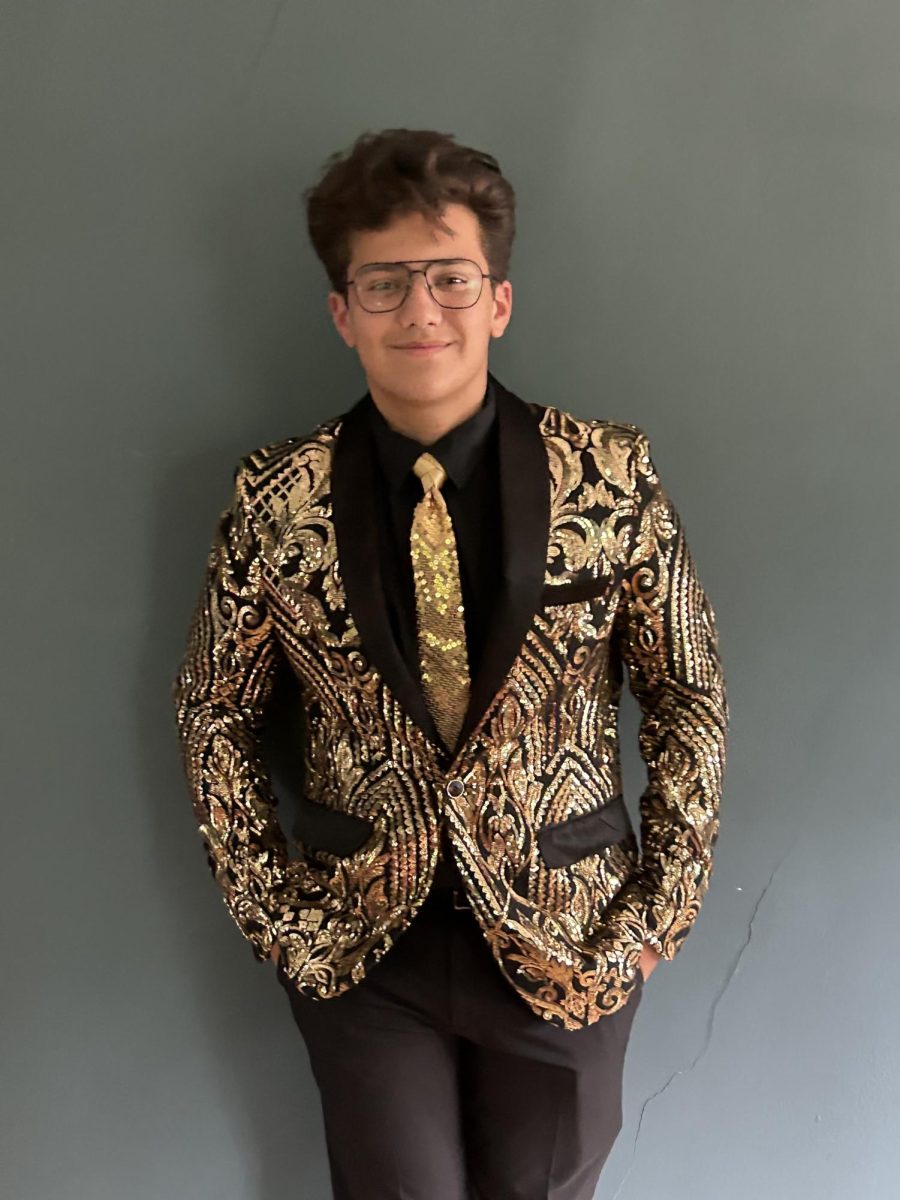The Arlington school board voted to approve a cell phone pilot program in the summer after new state guidelines. The $130,000 pilot was implemented across four schools in the district, and a more permanent policy is expected later this year.
The H-B Current interviewed two administrators and an 8th grade geography teacher for their views, other teacher’s views may not be represented.
Thus Far, H-B administration and teachers have generally seen good results, albeit different than they perhaps first expected. “It has worked differently than I thought it would,” said Casey Robinson, principal of H-B. “I think most students aren’t using the pouches but it has been highly effective in limiting cell phone use during school.”
While most teachers think it works, at least to some extent, there is discussion about how much enforcement should take place. “It’s a decision, with Casey and myself, how far do we wanna reach, metaphorically, into [the students] lives” commented Graham Mcbride, H-B assistant principal.
Enforcement at other schools, like Wakefield, the only high school participating in the pilot, is more strict. Students must have their pouches checked at the door, and seniors must sign out and in to go off campus.
Eleanor Reed, an 8th grade geography teacher, advocates for stricter enforcement. “I think we should have more random enforcement,” adding that she’d “like to see students give it a try, the ones that are like “no, I couldn’t possibly,” “What is the worst thing that could happen?” However, she acknowledges the difficulty enforcing, and how trust plays into the policy as well. Some students are checked at the door, but most aren’t, and administration staff says trust is a big driver of the H-B-specific policy.
A draw to the pouches, say teachers, is reducing the conflict between students and teachers. In the past, the only policy was really a teacher’s personal policy, which was tiring and took time away from lessons themselves. “Teachers in the past had gotten tired of that battle at the end of the day,” said Casey.
Eleanor queried, “I interrupt my class one time to do that? Two times? Five times? We only have 48 minutes. Five minutes of dealing with phones, that’s my exit ticket today, am I gonna give it up?”Admitting that sometimes, “there just is a point where you’re like, I can’t interrupt my flow anymore, I can’t stop class anymore because you’re not following the rules.”
Casey volunteered H-B for the pilot in part because she thinks that “at H-B it’s very very hard to enforce away for the day because of the amount of freedom students have.” When asked when they specifically began to think of cell phones as a problem, each had their own opinion; however, Casey thinks policies first began to be talked about seriously after covid. Before, H-B had never really been enforcing “away for the day,” and when they did, their methods of enforcement were less concrete and enforceable, as well as harder to use.
In a survey of “away for the day” at Wakefield High School conducted by the county last year, about 50% of responding teachers disagreed in response to the statement “The Wakefield practice of having cell phones off and away during instructional time is successful.”
Of course, faculty members were quick to point out the social effects of the pouches. “I think the social piece is huge,” Eleanor said. She wants to “try to bring school back to a place where your primary interactions are not with a video game, or a chat with somebody else…but rather in this moment, dealing with the things we need to deal with.”
When asked what they thought of the policy’s future, administration staff expressed it would be more difficult to enforce it with high schoolers, but a phone policy involving storage of high schoolers phones of some sort will have to be introduced following new VDOE guidelines. The county is collecting data, including surveys on Canvas and family feedback responses. Eleanor voiced concerns about implementation, citing a recent school board meeting she had been to and that “I’m kind of worried that the [anti-policy] voices, are just going to be the louder voices.” Adding that, “before we say this isn’t working, let’s really try it for an extended period.”

